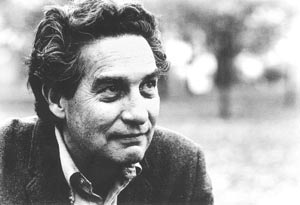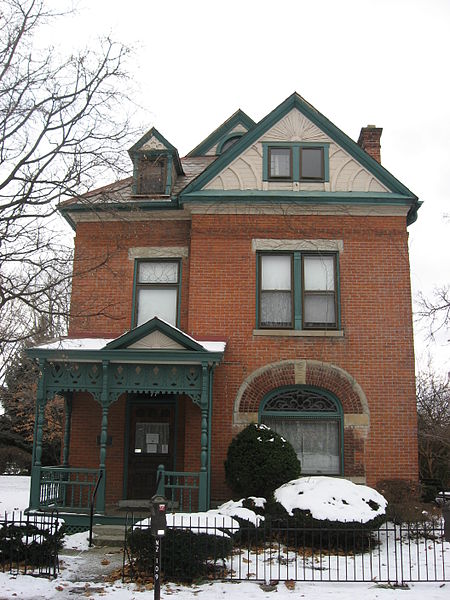Winners on Winning: Chris Hosea
For the eighth installment of our Winners on Winning series, we spoke with Chris Hosea, the winner of the 2013 Walt Whitman Award from the Academy of American Poets for his debut collection, Put Your Hands In. The prize, given annually to a poet who has not yet published a book, includes $5,000, publication, and a residency at the Vermont Studio Center. Hosea's winning manuscript, selected by John Ashbery, was published by Louisiana State University Press in March. Hosea received his MFA in poetry from the University of Massachusetts in Amherst, and is a senior copywriter at H4B Chelsea. He lives in Brooklyn, New York.
 What kind of impact has winning the Whitman Award had on your career?
What kind of impact has winning the Whitman Award had on your career?
I'm pretty sure the Whitman Award helped me recently to land a new job, with better pay and more impressive-sounding title, in advertising. Creative distinctions, and particularly established institutional honors, are valued in such industries.
Has winning this award, or previous awards, changed the way you approach your work?
I'm certain that contest judge John Ashbery's comparison between my poems and Marcel Duchamp's Nude Descebding a Staircase, and even more Ashbery's remarks about derision and eroticism in Put Your Hands In, will affect my writing for the rest of my life.
Have you ever entered a contest that you didn't win?
I have entered hundreds of contests and spent thousands of dollars on fees. If you don't play, you can't win.
What advice would you offer to writers thinking of submitting to writing contests?
Sequencing is important. Give yourself at least a month to order and reorder the poems in your book. Also, contest screeners are often (though by no means always) young students who haven't read a lot of poetry before: so include some lyrical candy up front.
For more Winners on Winning, read the current issue of Poets & Writers Magazine, and check back next Wednesday for a new installment.
Hosea: Myles Paige





 The biennial Paz prize was established in 2012 to celebrate the tenth anniversary of the Center for Literature and Theater at Miami Dade College. In response to why the prize was started, Lissette Mendez, the programs director at the center, says, “It’s hard for poets to publish, but poets who write in English have many contests they can enter in the U.S., as well as many independent presses and university presses to which they can submit manuscripts. It’s not quite that easy for poets who write in other languages—most publishers of foreign language books are in other countries. And then there is the issue of translation. The Paz Prize really works as a shortcut—publication in the U.S. by a wonderful, highly respected independent press in a bilingual edition. And our partner, National Poetry Series, is one of the most important poetry organizations in the country. It’s a wonderful thing to help a writer’s work get to the greater world, to help her or him find readers.”
The biennial Paz prize was established in 2012 to celebrate the tenth anniversary of the Center for Literature and Theater at Miami Dade College. In response to why the prize was started, Lissette Mendez, the programs director at the center, says, “It’s hard for poets to publish, but poets who write in English have many contests they can enter in the U.S., as well as many independent presses and university presses to which they can submit manuscripts. It’s not quite that easy for poets who write in other languages—most publishers of foreign language books are in other countries. And then there is the issue of translation. The Paz Prize really works as a shortcut—publication in the U.S. by a wonderful, highly respected independent press in a bilingual edition. And our partner, National Poetry Series, is one of the most important poetry organizations in the country. It’s a wonderful thing to help a writer’s work get to the greater world, to help her or him find readers.” A second-place prize of €1,000 (approximately $1,361) and a third-place prize that includes a weeklong writing retreat at
A second-place prize of €1,000 (approximately $1,361) and a third-place prize that includes a weeklong writing retreat at  What kind of impact has winning the Rilke Prize had on your career?
What kind of impact has winning the Rilke Prize had on your career?  provided with a $4,000 stipend and a two-bedroom apartment in the former home of fiction writer and cartoonist James Thurber in Columbus, Ohio. Travel and food are not included. The resident is also asked to participate in three community outreach activities offered by the
provided with a $4,000 stipend and a two-bedroom apartment in the former home of fiction writer and cartoonist James Thurber in Columbus, Ohio. Travel and food are not included. The resident is also asked to participate in three community outreach activities offered by the